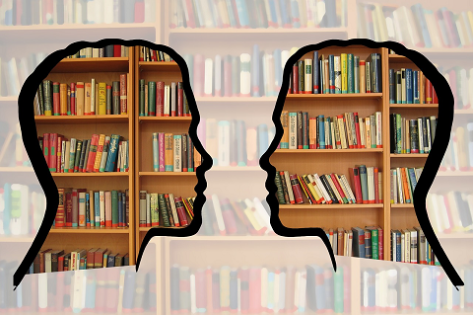From Infogalactic: The Hobbit, or There and Back Again is a fantasy novel and children’s book by English author J. R. R. Tolkien. It was published on 21 September 1937 to wide critical acclaim, being nominated for the Carnegie Medal and awarded a prize from the New York Herald Tribune for best juvenile fiction. The book remains popular and is recognized as a classic in children’s literature.
What makes The Hobbit and The Lord of the Rings so memorable is that the world Tolkien creates is wondrous, terrifying, and fascinating, yet instantly recognizable. The reader soon discovers that underneath the text, a learned, wise, and benevolent soul is joyfully at play with profound truths. I think Tolkien’s works best illustrate the insight that effective fiction reveals only the tip of the iceberg, stimulating the reader to discover for himself the story’s deeper meanings. Tolkien the scholar was an authority on ancient myths and languages, yet also a modern man who had seen war and knew the dark and bright crevices within the human soul. Tolkien the writer crafted an entertaining tale that guides the reader toward a vision that inspires both caution and hope.
That’s quite an achievement.



